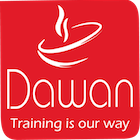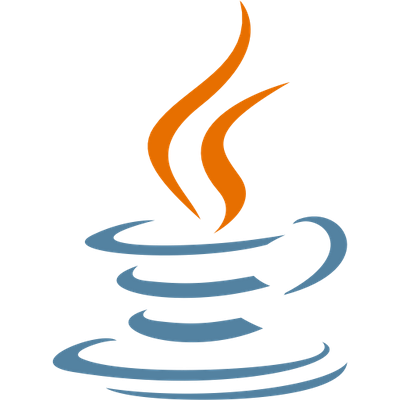Goals
- Master the development of EJB 3
- Manage the performance of a distributed application
- Set up a complete JEE architecture
Program
JEE specifications: components, containers
Principle of n-tier architectures (distributed applications), solutions
Annotations
Presentation of EJBs: history and versions
Life cycle of EJBs
Application servers: JBoss, GlassFish, WebSphere, …
Choice of the development environment (Eclipse / Netbeans), available plugins
Installation of the runtime environment, specific contributions to each container
Structure of a web module based on EJBs, packaging and deployment
Reminders on Servlets and JSPs (chaining, persistence in memory, …)
Practical workshop: preparation of a development / test platform – handling of the environment – multiple examples: java (annotations), Servlets and JSP
Architecture (bean, interfaces, annotations), role of object container
EJB types: session, entity, message-driven
EJB calls (RMI / IIOP protol), clients (heavy / light)
JNDI (Java Naming and Directory Interface) and collaboration between tools (localization of resources)
Definition, interaction and calculations
Available types (stateless, stateful), lifecycle
Access to an EJB Session: visibility (local / remote / webService), choice of access type
Concurrent access and optimizations at the container level
Practical workshop: implementation of several Session EJBs (stateless / stateful) – deployment and writing of various types of clients
Object relational mapping, specification and ORM frameworks
Entity EJBs: functionalities, access
JPA annotations (Java Persistence API)
Context / persistence unit
Management of the state of an Entity EJB
Relations between entity beans (associations), cascading processes
Practical workshop: Development of MVC web applications with interactions between session EJBs and various Entity beans
Duration
3 days
Price
£ 1605
Audience
All
Prerequisites
Knowledge of servlets and JSP - Mastery of Java language
Reference
Sessions
Contact us for more informations about session date

